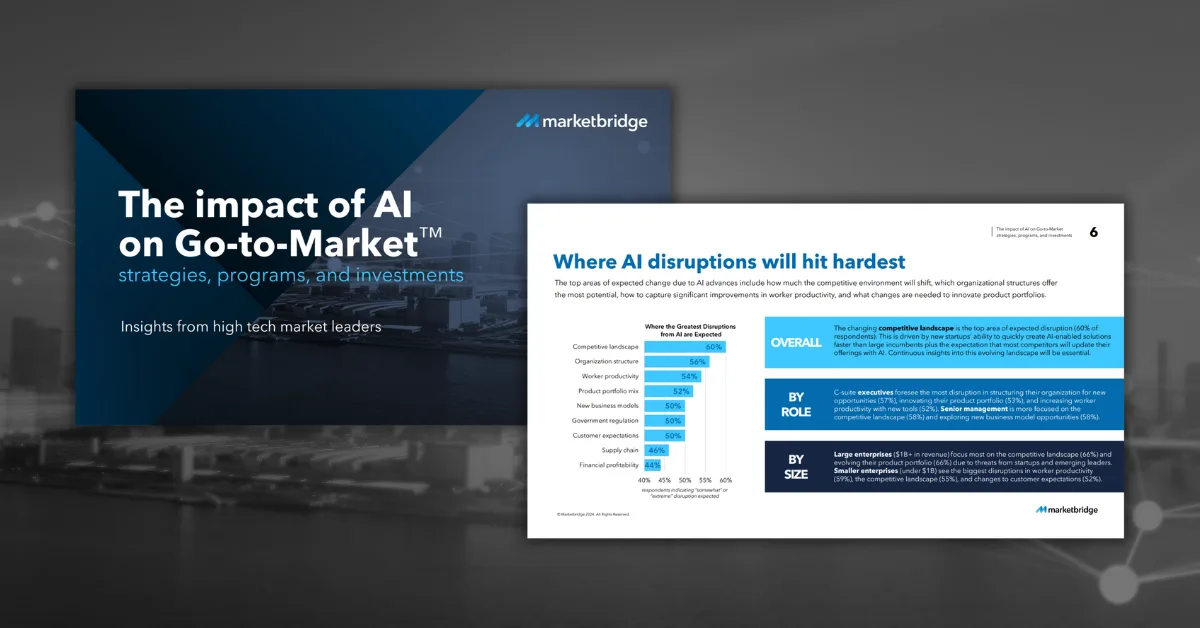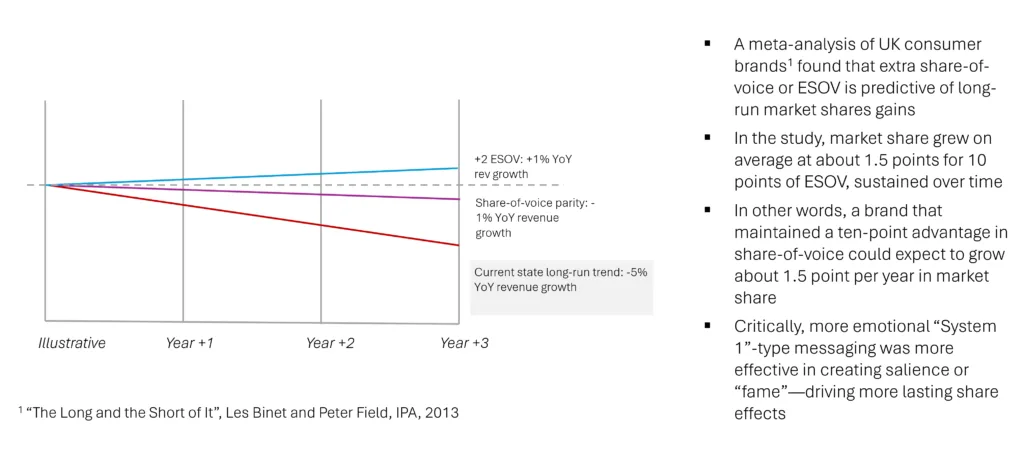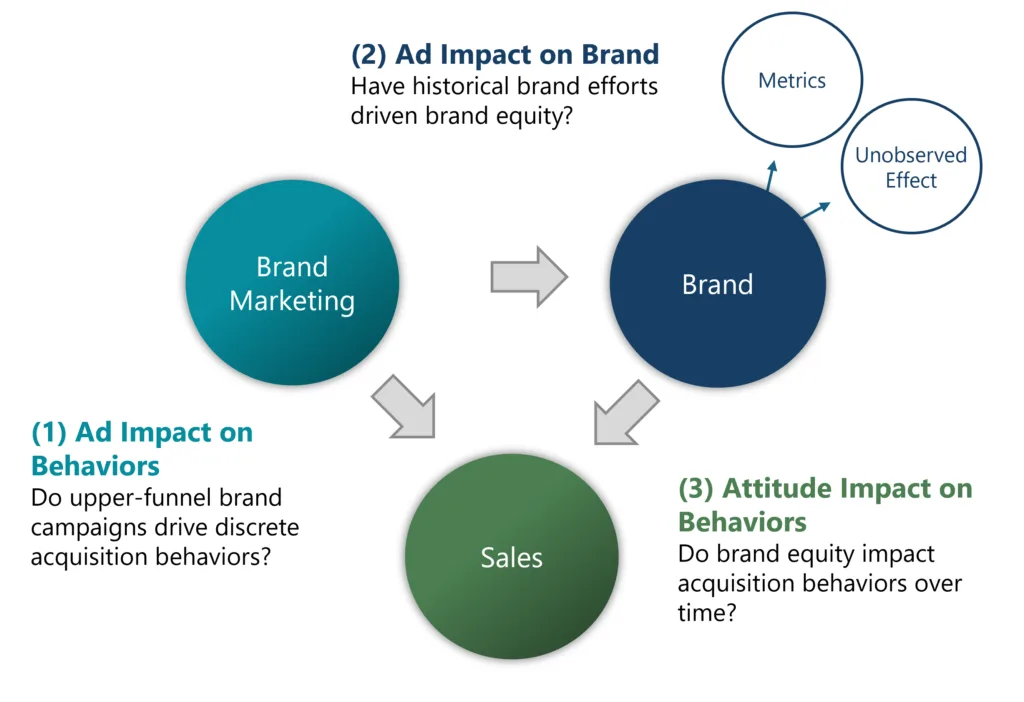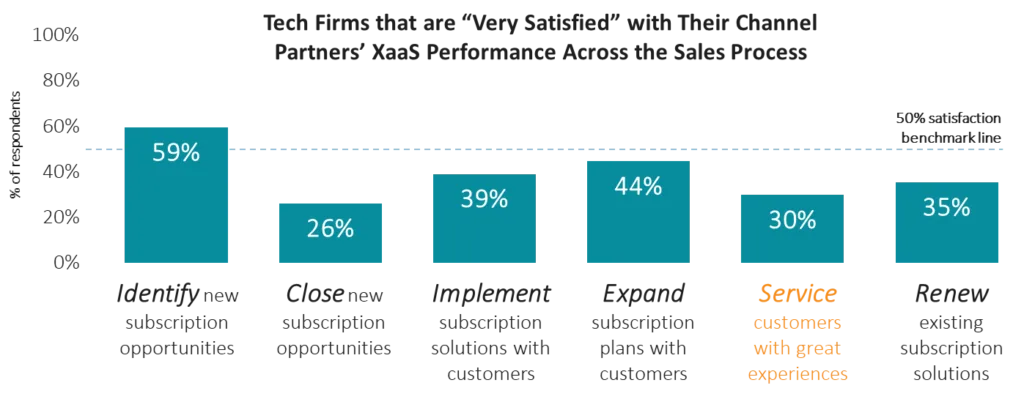BETHESDA, MD – ( October 29, 2024) – Marketbridge today announced 16 wins across two awards programs, including five MUSE Creative Awards and 11 TITAN Business Awards. The accolades recognize Marketbridge’s groundbreaking marketing campaigns for global brands, including Chevron Lubricants and Graebel.
“We’re thrilled to see our clients and the Marketbridge agency team recognized for their innovation and creativity in B2B marketing,” says Richard Hill, Managing Director, Marketing and Growth for the Marketing Services Group at Marketbridge. “These winning campaigns all have something in common. They’re bold, took chances, and challenged B2B marketing norms. We’re proud to have such great clients that trust us every day to help build their brands, drive demand and reinvent growth.”
The MUSE Awards is not merely a celebration of talent; it stands as a testament to the limitless innovation and vision that propel the creative and design industries forward. The TITAN Business Awards was created with a singular goal: to recognize and celebrate the accomplishments of organizations and entrepreneurs on the global stage. By giving recognition to both small enterprises and large corporations alike, the Awards are committed to fostering inclusivity and equal opportunity for all, whether they are well-established brands or emerging start-ups. Thousands of award submissions were received in 2024 from around the globe.
Select accolades across the two award programs for Marketbridge and clients include:
- MUSE Creative Awards
- Gold Award for its Chevron Delo Expert Video Series (Chevron Lubricants – Social Media and Video, B2B categories)
- Silver Awards for Integrated Marketing for its “No Compromise” campaign (Chevron Lubricants – Integrated Marketing and Direct Mail categories)
- Silver Award for Integrated Marketing for its “Often Imitated, Never Duplicated” campaign for Graebel.
- TITAN Business Awards
- Platinum Award for Marketing for its “No Compromise” campaign (Chevron Lubricants: Oil & Gas Marketing and Account-based Marketing Campaign categories)
- Gold Award for Marketing for its “No Compromise” campaign (Chevron Lubricants: Best Integrated Marketing, Business to Business Marketing, and Energy Marketing categories)
- Gold Award for Marketing for its “Often Imitated, Never Duplicated” campaign (Graebel: Business to Business Marketing and Best Account-based Marketing Campaign categories)
- Gold Award for Marketing for its Chevron Delo Expert Video (Chevron Lubricants: Oil & Gas Marketing and Best Video Marketing Campaign categories)
- Silver Award for Marketing for its Chevron Delo Expert Video (Chevron Lubricants: Business to Business Marketing and Best Social Media Marketing Campaign categories)
“We’ve been on a journey to experiment with ABM. Working on this campaign with the Marketbridge team has validated how powerful account-based can be as a GTM motion, when done right,” said Tasha Johnson, VP, Global Marketing at Graebel. “It was a really big deal for us, and I couldn’t be more thrilled with what we’ve achieved together.”
“This campaign showed us how different a strategically targeted ABM program is from a traditional media play,” said Walt M. Collier, Americas Brand Manager for Delo engine oils and ancillary products, a Chevron brand. “In addition to delivering on objectives, it provided learnings we can use in future campaigns, including optimizing MarTech and tracking to help our sales force capitalize on momentum and connect with engaged prospects.”
Launched in September 2024 combining five best-in-category firms, Marketbridge integrates the capabilities of a strategic growth consultancy and a marketing agency, accelerating performance with zero signal loss from strategy through execution. It is a unique marketing consultancy offering integrated, end-to-end growth services, including strategy consulting, marketing and communications, data science, analytics, and technology solutions that enable some of the world’s most ambitious brands to reinvent growth.
“Innovation is the heartbeat of progress,” said Thomas Brandt, spokesperson for the International Awards Associate (IAA), the organizer of both awards programs. “The MUSE Awards recognize those who break new ground, challenge norms, and set new standards in their fields. The TITAN Awards honor those who set new standards in the global marketplace. This year’s winners exemplify the spirit of pushing the boundaries and daring to lead.”
To learn more about and see Marketbridge’s award-winning work with Chevron Lubricants, please click here or here.
To learn more about and see Marketbridge’s award-winning work with Graebel, please click here.
About Marketbridge
Marketbridge brings together the capabilities of a strategic growth consultancy and a marketing and communications agency to accelerate performance with zero signal loss from strategy through execution. Our interdisciplinary team of 260 consultants, data scientists, technologists, marketers, creatives, and communications experts is attuned to the needs of ambitious growth leaders and uniquely equipped to deliver what’s needed now and next. We offer strategy consulting, marketing and communications services and data science analytics, and technology solutions with a focus on strategic integrity, measured efficacy, and speed to impact. Marketbridge supports Fortune 50 through high-growth and challenger brands in financial services, healthcare, and technology, including MetLife, Microsoft, Guidehouse, Chevron, and Flex. Reinvent growth at marketbridge.com.
About International Awards Associate (IAA)
Established in 2015, the International Awards Associate (IAA) is a global organization that is dedicated to recognizing professional excellence and outstanding achievements in various industries. As the organizer of a wide range of prestigious award programs such as the MUSE Creative Awards, MUSE Design Awards, Vega Digital Awards, NYX Awards, NYX Game Awards, TITAN Business Awards, TITAN Property Awards, London Design Awards, NY Product Design Awards, French Design Awards, and many more, IAA aims to honor, promote and encourage professional excellence, from industry to industry, internationally and domestically, through award platforms that are industry-appropriate.
Website: thetitanawards.com
Facebook: titanbusinessawards
Twitter: titanawards
Instagram: thetitanawards
Media Partner: Muse.World
-###-







